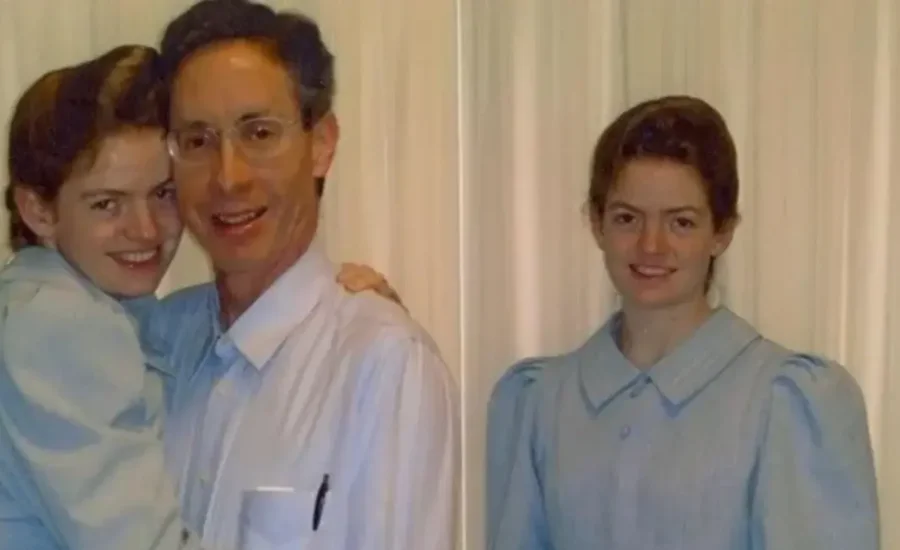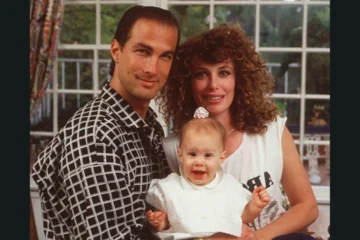Merrianne Jessop’s life is deeply intertwined with the complex history of the Fundamentalist Church of Jesus Christ of Latter-Day Saints (FLDS). Known as one of the wives of Warren Jeffs, her journey is marked by profound personal challenges and moments that highlight the influence of tightly controlled religious communities.
Growing up in the close-knit environment of the FLDS, Merrianne was shaped by the church’s unique beliefs and practices from a young age. Her life took a critical turn when, at the age of just 12, she reportedly became one of Jeffs’s wives, thrusting her into the complexities of life within a highly restrictive, patriarchal system.
Her story brings to light not only her individual path but also the broader questions of choice, personal freedom, and the effects of life under strict religious leadership. Merrianne’s experiences continue to resonate as a poignant example of the conflicts between faith, autonomy, and the psychological toll of life in high-control groups, sparking ongoing conversations about resilience, human rights, and the nature of belief.
Wiki
| Attribute | Details |
|---|---|
| Name | Merrianne Jessop |
| Spouse | Warren Jeffs |
| Age | 28 |
| Birth Date | July 3, 1994 |
| Father | Merril Jessop |
| Mother | Barbara Jessop |
| Kids | No children |
| Net Worth | Not known |
| Body Measurements | Not known |
| Social Media | Not known |
| Known As | Wife of Warren Jeffs |
| Nationality | Not known |
| Ethnicity | Not known |
| Religion | Christianity |
| Marital Status | Married |
| Sexuality | Straight |
Early Life: Family and Community Influences
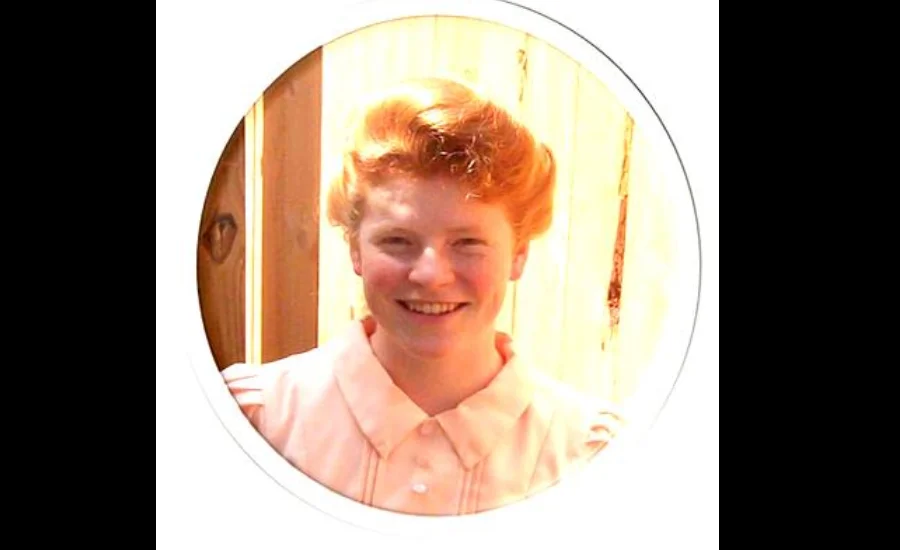
Merrianne Jessop was born on July 3, 1994, into a prominent and large polygamous family within the FLDS community. Her father, Merril Jessop, was a notable leader in the church and was known for his extensive family, which included six wives and approximately 54 children. This family structure exemplified the polygamous practices that were deeply entrenched in the FLDS belief system. Merrianne’s mother, Barbara Jessop, was Merril’s third wife and often referred to as his favorite, indicating the hierarchical nature of relationships within the family.
Growing up in Colorado City, Arizona, a stronghold of the FLDS, Merrianne was immersed in the church’s strict teachings and customs from an early age. The FLDS community enforced a patriarchal structure that dictated the roles of women and girls, often prioritizing obedience to male authority figures and adherence to polygamous family structures. From childhood, Merrianne was conditioned to accept the norms of her community, including the expectation that she would one day enter into a polygamous marriage.
Merrianne’s formative years were characterized by an education steeped in FLDS doctrine, which emphasized submission, faithfulness, and the importance of fulfilling one’s roles within a polygamous family. The teachings she received reinforced the idea that a woman’s primary purpose was to support her husband and bear children, often from a very young age. This cultural conditioning significantly influenced her understanding of relationships, self-worth, and personal agency.
Marriage to Warren Jeffs
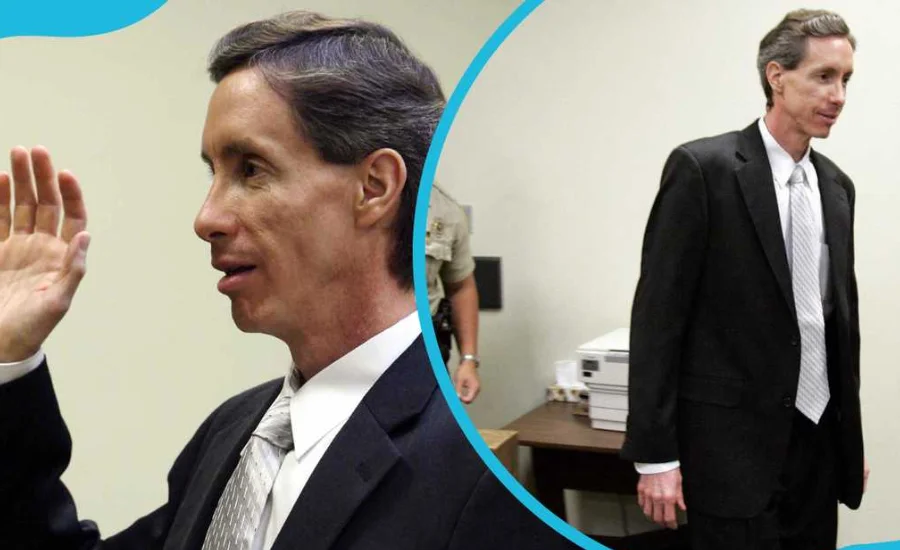
In July 2006, at the age of 12, Merrianne Jessop married Warren Jeffs. This marriage, which has drawn significant media attention and public scrutiny, underscores the controversial practices of the FLDS, particularly the marrying off of young girls to much older men. Jeffs, who was born on December 3, 1955, had risen to prominence within the FLDS after the death of his father, Rulon T. Jeffs. His leadership was marked by a strict interpretation of FLDS doctrine, particularly regarding marriage and family life.
Merrianne’s life as one of Jeffs’s wives was marked by the strict and controlling environment he enforced. While she did not have any children during her marriage, the expectation for young wives within the FLDS community often included starting families shortly after marriage. The absence of children in Merrianne’s marriage became a notable aspect, especially as many of Jeffs’s other wives were having children, which complicated her status within the family hierarchy.
Merrianne’s experiences in this environment likely had significant psychological effects. Living under the authority of a man like Jeffs, who was notorious for his authoritarian leadership and abusive practices, placed her in a position of vulnerability. The fear and control exerted by Jeffs over his wives created an atmosphere of oppression, where personal autonomy was stripped away in favor of absolute submission to his will.
The Fallout: Jeffs’s Arrest and Its Impact
Warren Jeffs’s reign came under increasing scrutiny due to his abusive practices and the legal troubles that followed. In 2006, he was placed on the FBI’s Ten Most Wanted Fugitives list after being charged with multiple counts related to sexual abuse and facilitating child marriages. His authoritarian control over the FLDS community began to fracture as law enforcement began investigating the church and its practices.
After Jeffs’s arrest in 2007, Merrianne was placed in a foster home as part of the efforts to protect minors affected by the church’s practices. Reports indicated that she was last seen at the Yearning for Zion Ranch in Texas in early 2009. However, Merrianne managed to escape from the foster care system and returned to Texas, where she has largely remained out of the public eye since then. The transition from life within the FLDS to the outside world can be challenging for individuals, particularly those who have been raised in such isolated environments.
Life After the FLDS: Challenges
The aftermath of Merrianne’s escape presents significant challenges typical for individuals leaving high-control religious groups. These include emotional and psychological adjustments, as well as navigating the complexities of establishing an independent identity outside the confines of the FLDS. Many former members experience difficulties related to their upbringing, including feelings of alienation, trauma, and a lack of support systems in mainstream society.
While Merrianne Jessop has largely stayed out of the public eye, her story has implications that extend beyond her personal experiences. The issues surrounding child marriage, the rights of individuals within polygamous communities, and the psychological impacts of living under oppressive conditions are critical topics that warrant discussion and advocacy. By sharing her story, Merrianne, along with other survivors, can contribute to a broader awareness of the challenges faced by individuals raised in such environments.
The revelations about the FLDS and the experiences of individuals like Merrianne have prompted public interest in the treatment of women and children within polygamous communities. Her story serves as a reminder of the need for societal change and legal protections for vulnerable individuals, particularly minors. Advocacy efforts aim to create a supportive environment for survivors, providing resources and networks to help them navigate their new realities.
Her life post-marriage
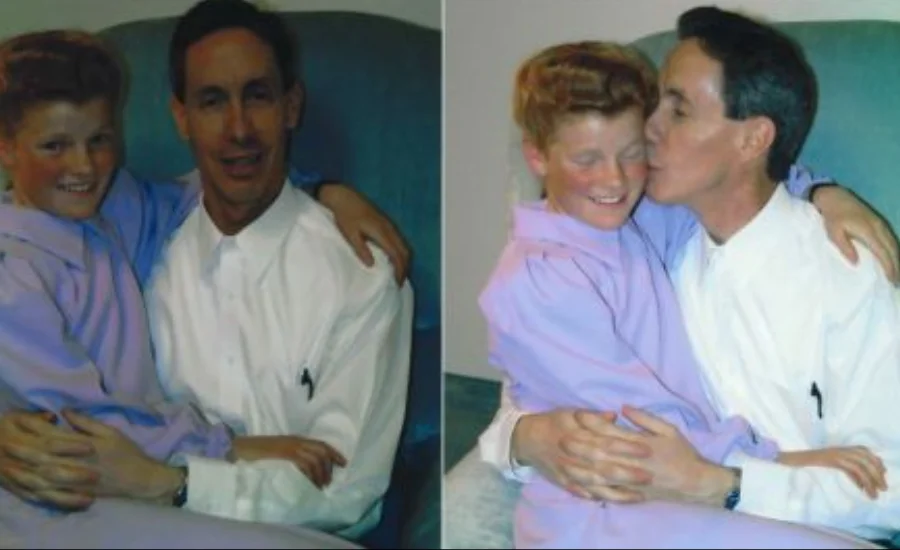
In the wake of Jeffs’s arrest and subsequent legal issues, information about Merrianne became sparse. Reports indicated that she was last seen at the Yearning for Zion Ranch in Texas in early 2009. Following Jeffs’s arrest, Merrianne was placed in a foster home, reflecting the church’s efforts to protect its young members from the repercussions of Jeffs’s actions. However, she reportedly escaped from this situation and returned to Texas, where she has since largely remained out of the public eye.
The uncertainty surrounding Merrianne’s current status has led to speculation about her life after escaping the FLDS. Many wonder if she has chosen to live independently or if she has remarried. The absence of information regarding her well-being raises important questions about the lives of those who leave high-control religious groups and the challenges they face in establishing new identities outside of their former communities.
Advocacy and Awareness
Merrianne Jessop’s story has become emblematic of the struggles faced by individuals within the FLDS and other high-control groups. While she has remained relatively private, her experiences highlight the need for greater awareness of the challenges that young people, especially women, face in such environments. The issues of consent, personal autonomy, and the rights of individuals within tightly controlled communities are crucial topics that deserve attention and advocacy.
By sharing her story, Merrianne can contribute to ongoing conversations about the complexities of life in polygamous communities and the broader implications of such practices on individual rights. Her experiences serve as a reminder of the importance of safeguarding the well-being and autonomy of individuals within all religious contexts, especially those that may prioritize group conformity over personal freedom.
The Importance of Advocacy
The implications of Merrianne Jessop’s story extend beyond her personal narrative, as they touch upon broader societal issues regarding polygamy, child marriage, and the rights of individuals in high-control environments. Advocacy against practices that undermine personal autonomy and individual rights is essential in promoting healthier family structures and empowering those who have experienced similar situations.
As more individuals come forward to share their stories, the public becomes increasingly aware of the complexities and challenges faced by those who grow up in closed religious communities. Advocacy efforts aim to create a supportive environment for survivors, providing them with resources and networks to navigate their lives post-exit from high-control groups.
Continuing the Conversation
Merrianne’s experiences resonate with many who have found themselves navigating the difficult realities of life within oppressive structures. The ongoing dialogue about the rights of individuals within religious contexts is crucial for fostering understanding and driving change. By raising awareness about the issues faced by individuals like Merrianne, advocates can work towards protecting vulnerable populations and promoting individual rights.
Moreover, discussing the implications of polygamous practices and the experiences of young individuals within these communities can contribute to meaningful change. The more society understands these dynamics, the better equipped it will be to address the needs of those seeking to break free from such environments.
Continuing the Conversation: Broader Implications
Merrianne Jessop’s life story is emblematic of the broader cultural issues surrounding polygamy and child marriage. As public discourse evolves, there is a growing recognition of the need to address the rights of individuals within religious contexts that may prioritize group conformity over personal freedom. Understanding the implications of these practices is crucial for advocating for reform and protecting the rights of vulnerable populations.
The experiences of individuals like Merrianne underscore the urgent need for legal reforms that address child marriage and the rights of individuals within high-control religious groups. By raising awareness about the challenges faced by those seeking to escape such environments, advocates can work towards creating protective legislation and support systems that empower individuals to reclaim their lives.
Current Status and Future Aspirations

As of now, Merrianne Jessop’s whereabouts and current life remain largely undisclosed. Reports suggest she may still reside in Texas, having distanced herself from the FLDS community. The lack of information surrounding her status raises concerns about the well-being of those who have left the church and the potential difficulties they face in reintegrating into mainstream society.
Merrianne’s journey from a young girl in a polygamous community to an individual navigating life outside of that framework illustrates a narrative of resilience and survival. Her experiences highlight the need for ongoing advocacy for the rights of individuals raised in such environments. As the public becomes more aware of these issues, there is hope that more individuals can find their voices and pursue fulfilling lives free from oppressive practices.
Although specific details about Merrianne’s current life remain private, her past experiences continue to resonate with many who advocate against polygamy and child marriage. By sharing her story, she can inspire others to speak out about their own experiences, fostering a community of survivors who can support one another in their journeys toward healing and empowerment.
Also Read: Laryssa Farmiga
Final Words
Merrianne Jessop’s life reflects the complex realities faced by individuals within the Fundamentalist Church of Jesus Christ of Latter-Day Saints (FLDS). Born into a prominent polygamous family, she became one of Warren Jeffs’s wives at just 12 years old, thrust into a restrictive environment that stifled personal freedom and autonomy. Her experiences illuminate the broader issues of child marriage and the psychological impact of high-control religious groups.
After Jeffs’s arrest, Merrianne’s life took a different turn, leading her to escape the FLDS community and navigate the challenges of reintegration into mainstream society. Although details about her current status remain scarce, her story serves as a powerful reminder of the importance of advocacy against practices that undermine individual rights.
By sharing her journey, Merrianne Jessop highlights the urgent need for awareness and reform regarding the treatment of vulnerable individuals within closed communities. Her resilience continues to inspire conversations about personal autonomy and the rights of those emerging from oppressive structures.
Related Posts: Christi Pirro

